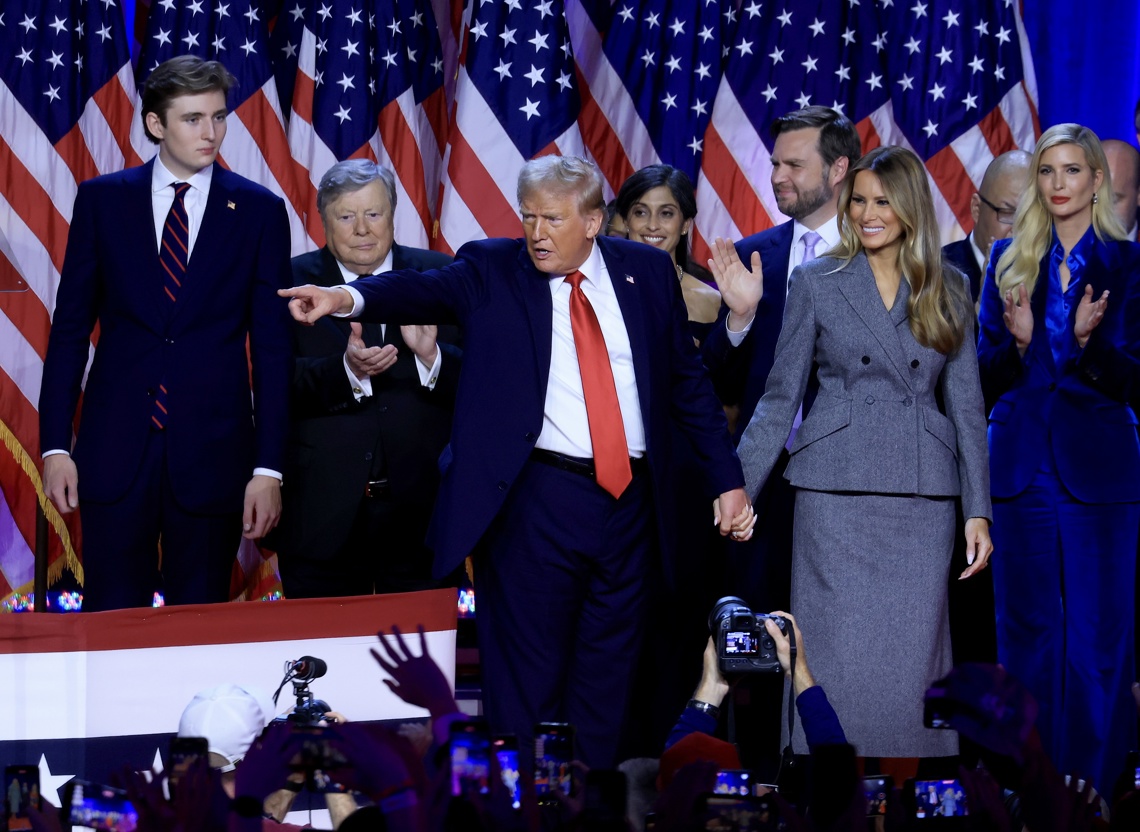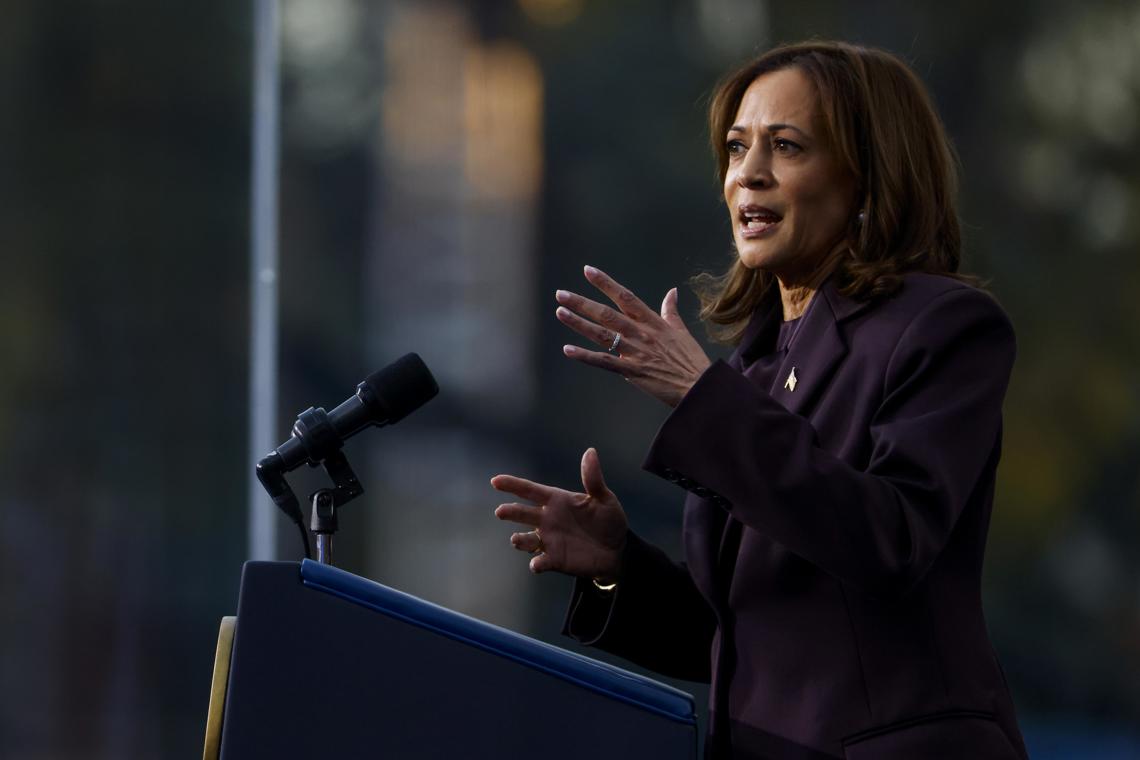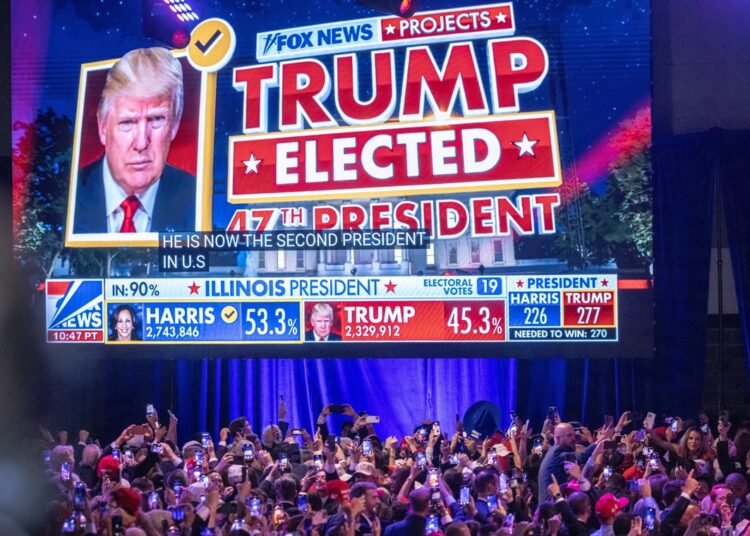Donald Trump’s political career seemed over after he tried to reverse his 2020 electoral defeat and encouraged his supporters to march on the Capitol with the idea of “fighting like hell to take back the country.” Before that, he had entered the records as the first president to be subjected to two impeachment proceedings. And also to have survived them. He was also accused in four criminal cases, convicted of sexual abuse in a civil case; and then in criminal court for 34 serious crimes of falsifying business records.
But a fiercely loyal base has stood by his work, including by validating his narrative, which includes the claim that the 2020 election, which he lost fair and square, was fraudulent. They embrace the famous “alternative facts” inaugurated very early in his first presidency. And they are enamored of the idea that their president has been unfairly victimized by a corrupt political establishment in a “witch hunt.” So, after Wednesday’s victory, he was able to tell them an unquestionable truth: “We overcame obstacles that no one thought possible.”

Looking back on the electoral process, on this day after everything or almost everything went wrong for Kamala Harris, all or almost all of her assumptions worked like houses of cards in the air. Amid the impacts of this defeat (traumatic, again, for the Democrats), it would be worth trying to preliminarily summarize three of the factors that influenced those results.
The first, the waterlines. The Democratic campaign failed to obtain sufficient support from women, Latino men and blacks, in which, among other things, a peculiar mix of “economic pragmatism,” conventional machismo and paternalism gravitated. And, correlatively, the little willingness to consider the possibility that a woman — black and by all accounts “liberal from California” — could be the commander in chief. But there were previous signs. Part of the media coverage before zero hour had focused on the question of whether Trump would make inroads among the black community, especially black men. Or among younger voters and Latinos.
Of the latter 45% voted in favor of the Republican ticket and 57% did the same in Pennsylvania, the crown jewel, despite the racist joke about Puerto Ricans at Madison Square Garden, called to make the difference in an election that the polls then gave as very close. As an example, in 2020 the exit polls showed that Latinos, that diverse community, had voted for Biden by a margin of 23 points (59% vs. 36%). This time the opposite happened.

The second, reproductive rights. The abortion issue failed to make a difference. Democratic hopes were pinned on the certainty that women would turn out in record numbers to elect the country’s first female president after the Supreme Court overturned Roe v. Wade. A poll released at the last minute in Iowa, conducted by one of the country’s most prestigious polling agencies, fueled that (other) mirage.
The third, the capitalization of discontent by the opponent. Trump and his running mate, Senator JD Vance, managed to capitalize on voter discontent, especially on the economy, immigration at the southern border, and even instability abroad. Undoubtedly, one of the achievements of the public relations system and the manufacture/socialization of images, in which populism of this kind exhibits a PhD summa cum laude.
The combination of these factors, and others omitted here for the sake of synthesis, determined that the day after the United States would wake up with Republican control of the Senate (52 seats) and possibilities of achieving a majority in the House — so far 210 vs. 195. And with an ultraconservative Supreme Court, with three of its judges placed by Donald Trump during his previous term.
And another new fact. Unlike his first Electoral College victory (2016), this time Trump won the popular vote, undoubtedly an additional opportunity for him to appeal to an element he did not have then. “America has given us a powerful and unprecedented mandate,” he told the euphoric crowd in West Palm Beach early Wednesday morning.
And right there he summed up his approach to a second at-bat with a slogan as simple as it is worrying: “Promises made, promises kept.” Beyond the usual differences between political speeches and feasibilities — indeed, the in life is not the same as the painted, as the saying goes — this suggests a not exactly bright future for the United States. Harris warned voters, again and again, about the risks of his return, inviting them to turn the page on Trump. Life, however, gave her surprises. Her message did not get through. She and her coreligionists were the ones who turned the page at the polls.

The historical gurus were also wrong. And the polls fell short, at least on several points. Up until last Monday, the projections from the 538 website gave Trump a 52% chance of winning the Electoral College, compared to Harris’s 48%. The model reflected several late polls that favored him in states like Wisconsin, Michigan and Pennsylvania, but nothing out of the “normal.”
But it was overwhelming. In the seven swing states, Trump won five (North Carolina, Georgia, Pennsylvania, Wisconsin, Michigan) and will end up taking the other two (Nevada and Arizona) when it is all over.
On August 18, 1792, Alexander Hamilton wrote:
The truth unquestionably is, that the only path to a subversion of the republican system of the Country is, by flattering the prejudices of the people, and exciting their jealousies and apprehensions, to throw affairs into confusion, and bring on civil commotion….
When a man unprincipled in private life desperate in his fortune, bold in his temper, possessed of considerable talents, having the advantage of military habits — despotic in his ordinary demeanour — known to have scoffed in private at the principles of liberty — when such a man is seen to mount the hobby horse of popularity — to join in the cry of danger to liberty — to take every opportunity of embarrassing the General Government & bringing it under suspicion — to flatter and fall in with all the non-sense of the zealots of the day — It may justly be suspected that his object is to throw things into confusion that he may “ride the storm and direct the whirlwind.”
The day after, the United States is entering uncharted territory, amid a civilizational crisis. The New York Times summed it up with two clear and distinct headlines on the front page: “Populist Rebellion Against Elite Vision of America” and “Donald Trump Returns to Power, Ushering in New Era of Uncertainty.”










